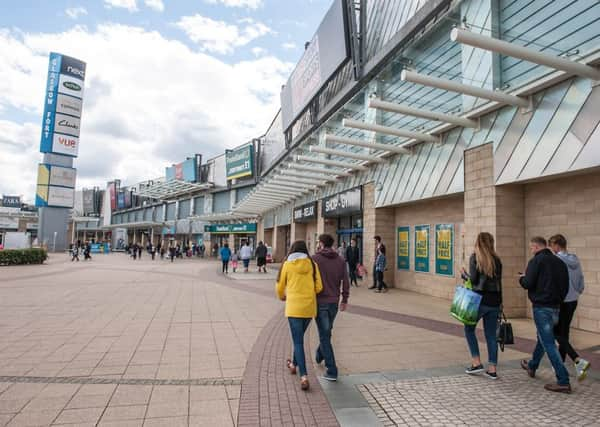Martin Flanagan: High street woes a portent for economy


It was the biggest monthly retail sales fall in more than four and a half years, and could be a depressing foretaste of what many market bears feel willd be the story of 2017: higher prices and lack of real wage growth reducing disposable income and hitting consumer spending.
As consumer debt has largely kept the UK’s rickety economic show on the road in recent years it is a worrying portent. Extrapolating on the poor December performance, some soothsayers have also signed up could also play into the hands of those who believe in a situation of Brave New World Trumps Brexit, with a deeper future unfolding of robots doing our jobs and us all living and shopping online.
Advertisement
Hide AdAdvertisement
Hide AdShoppers spent merrily online last month – about £1bn a week, up 21 per cent on December 2015. One recent analysis estimated that click shopping will wipe out 50 per cent of town centre stores by 2030.
As forecasts go, that may prove a trifle apocalyptic, but the direction of travel for the high street seems clear and it is away from bricks and mortar.
Virtually every retailer these days brings out eye-catching online revenues alongside their main stores’ performance. Admittedly you can say that those double-digit, sometimes very high double-digit, are coming from much lower bases than the quaint historical stores’ business model.
But even when retail online gradually creates a rod for its own back via tougher comparator figures, it looks to be the future when viewed in decades rather than the five-to-ten year timespan of Brexit and Trumpism.
However, the short term is likely to see some bumps in the road as well.
The vacuous corporate phrase “best-in-class” really has reached its sell-by date as parroted by auto-pilot chief executives. The phrase has achieved the irritatingly empty status that “iconic” now has in other areas of life.